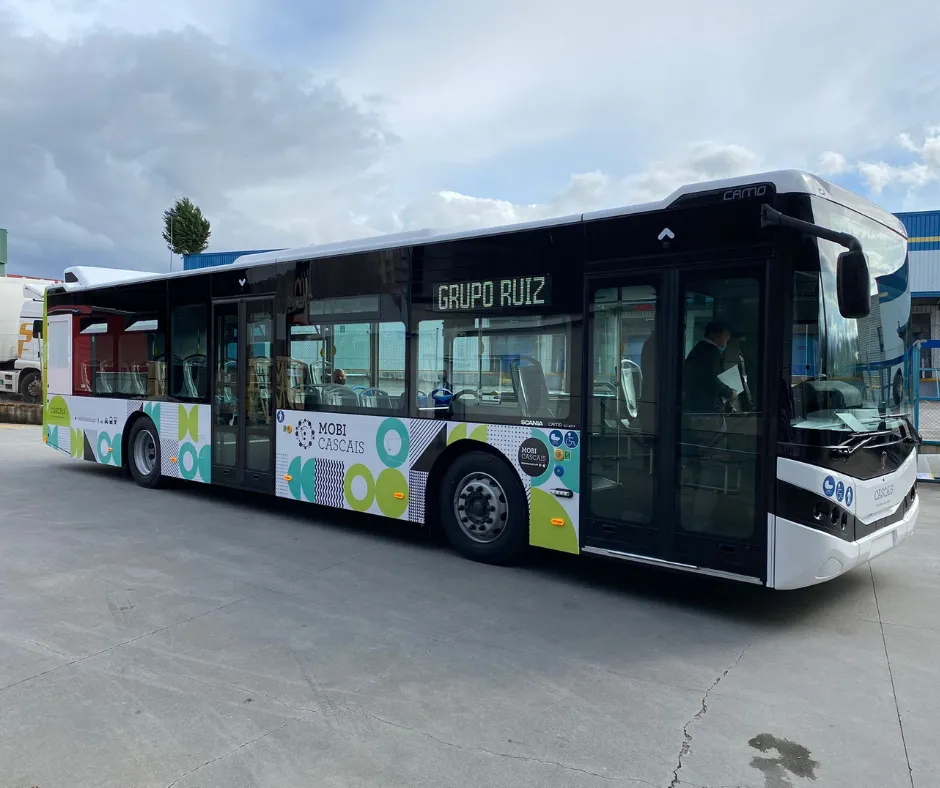Spain-headquartered Indra has become the technological leader for Medellín's traffic and transportation systems after being awarded two contracts valued at just over US$11 million. The first contract, awarded by the Medellín Subway, will allow the city to have an intermodal public transportation system that is unique in Colombia and will facilitate the management and the combined use of the subway and buses.
August 15, 2012
Read time: 2 mins
Spain-headquartered 509 Indra has become the technological leader for Medellín's traffic and transportation systems after being awarded two contracts valued at just over US$11 million.
The first contract, awarded by the Medellín Subway, will allow the city to have an intermodal public transportation system that is unique in Colombia and will facilitate the management and the combined use of the subway and buses. For the project, Indra is implementing an Operations Assistance System for Metroplús, the city's BRT (bus rapid transit) fleet, which will be integrated with the company’s Da Vinci system that has been managing subway train traffic since 2008.
The objective is to integrate train operations with the bus system so that vehicles are handled in a unified manner, with a special emphasis on interconnection stations or links between lines. The solution includes a passenger counting system that is based on closed-circuit television (CCTV) and registers the number of passengers boarding and exiting each bus, making it possible to know the bus' occupancy in order to prevent exceeding its maximum capacity, to request back-up vehicles during demand peaks and to prepare mobility studies for this mode of transportation.
Indra is also implementing the technology for 21 Metroplús stations, consisting of an interior passenger information system that uses loudspeakers and TFT screens, as well as the access control systems that use turnstiles and validators, based on the Open Civica software developed by the company. In addition, a pilot is being carried out with 13 machines for recharging Civica smart cards, the payment method for the subway and Metroplús.
Indra has also been awarded a contract with UNE Epm Telecommunicaciones and XM (ISA subsidiary), the companies that manage transit in the city of Medellín and which are the technological partners for implementing a new integrated traffic control and intelligent traffic system for Medellín.
The solution, based on Indra's Hermes system, will make it possible to continuously track traffic and to monitor the various control subsystems in real time. Collecting current and past data will also make it easier to analyse and consolidate information for making decisions related to mobility. This way, it will be possible to increase safety, optimise the flow of vehicles, shorten circulation times and reduce costs and the environmental impact.
The first contract, awarded by the Medellín Subway, will allow the city to have an intermodal public transportation system that is unique in Colombia and will facilitate the management and the combined use of the subway and buses. For the project, Indra is implementing an Operations Assistance System for Metroplús, the city's BRT (bus rapid transit) fleet, which will be integrated with the company’s Da Vinci system that has been managing subway train traffic since 2008.
The objective is to integrate train operations with the bus system so that vehicles are handled in a unified manner, with a special emphasis on interconnection stations or links between lines. The solution includes a passenger counting system that is based on closed-circuit television (CCTV) and registers the number of passengers boarding and exiting each bus, making it possible to know the bus' occupancy in order to prevent exceeding its maximum capacity, to request back-up vehicles during demand peaks and to prepare mobility studies for this mode of transportation.
Indra is also implementing the technology for 21 Metroplús stations, consisting of an interior passenger information system that uses loudspeakers and TFT screens, as well as the access control systems that use turnstiles and validators, based on the Open Civica software developed by the company. In addition, a pilot is being carried out with 13 machines for recharging Civica smart cards, the payment method for the subway and Metroplús.
Indra has also been awarded a contract with UNE Epm Telecommunicaciones and XM (ISA subsidiary), the companies that manage transit in the city of Medellín and which are the technological partners for implementing a new integrated traffic control and intelligent traffic system for Medellín.
The solution, based on Indra's Hermes system, will make it possible to continuously track traffic and to monitor the various control subsystems in real time. Collecting current and past data will also make it easier to analyse and consolidate information for making decisions related to mobility. This way, it will be possible to increase safety, optimise the flow of vehicles, shorten circulation times and reduce costs and the environmental impact.









